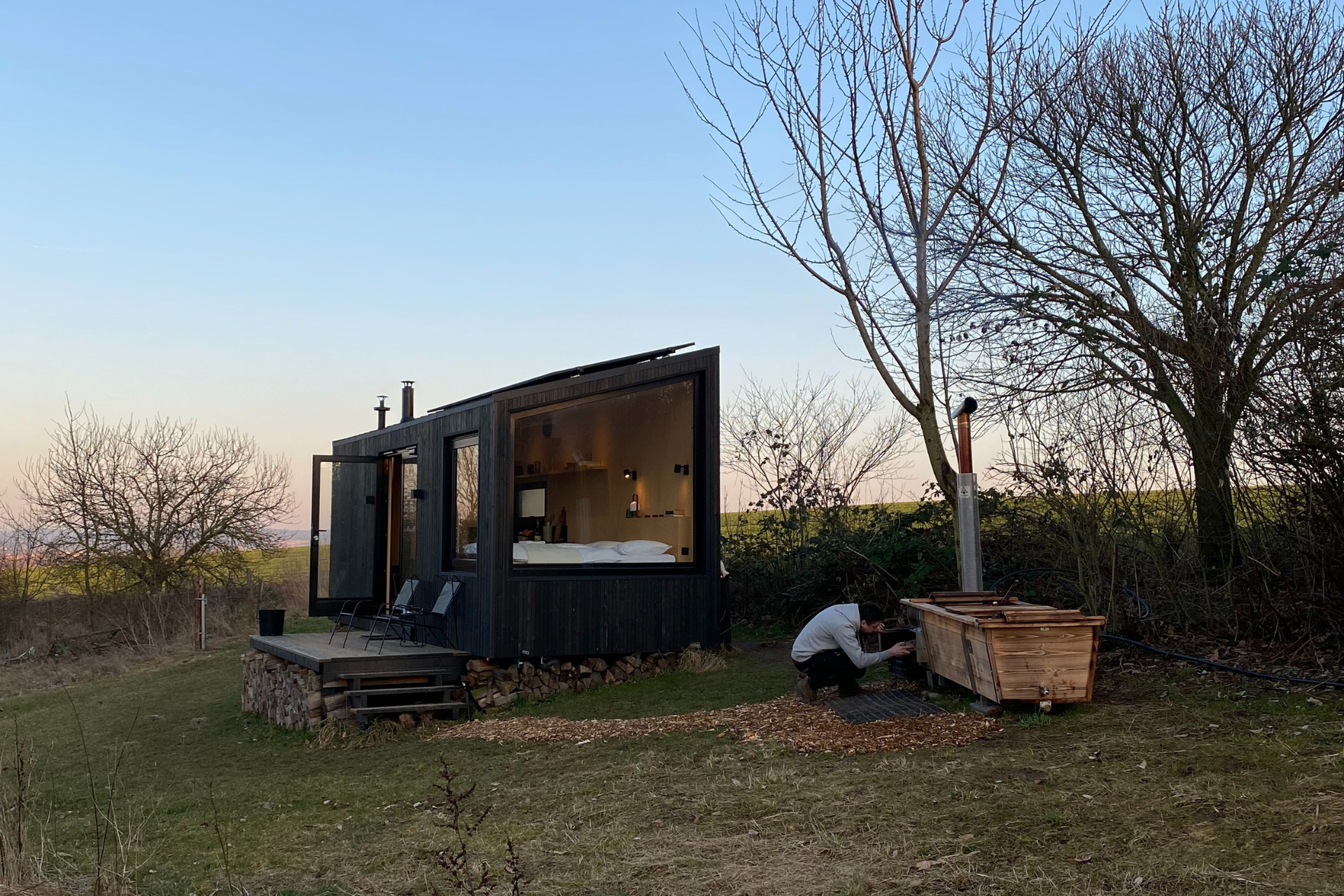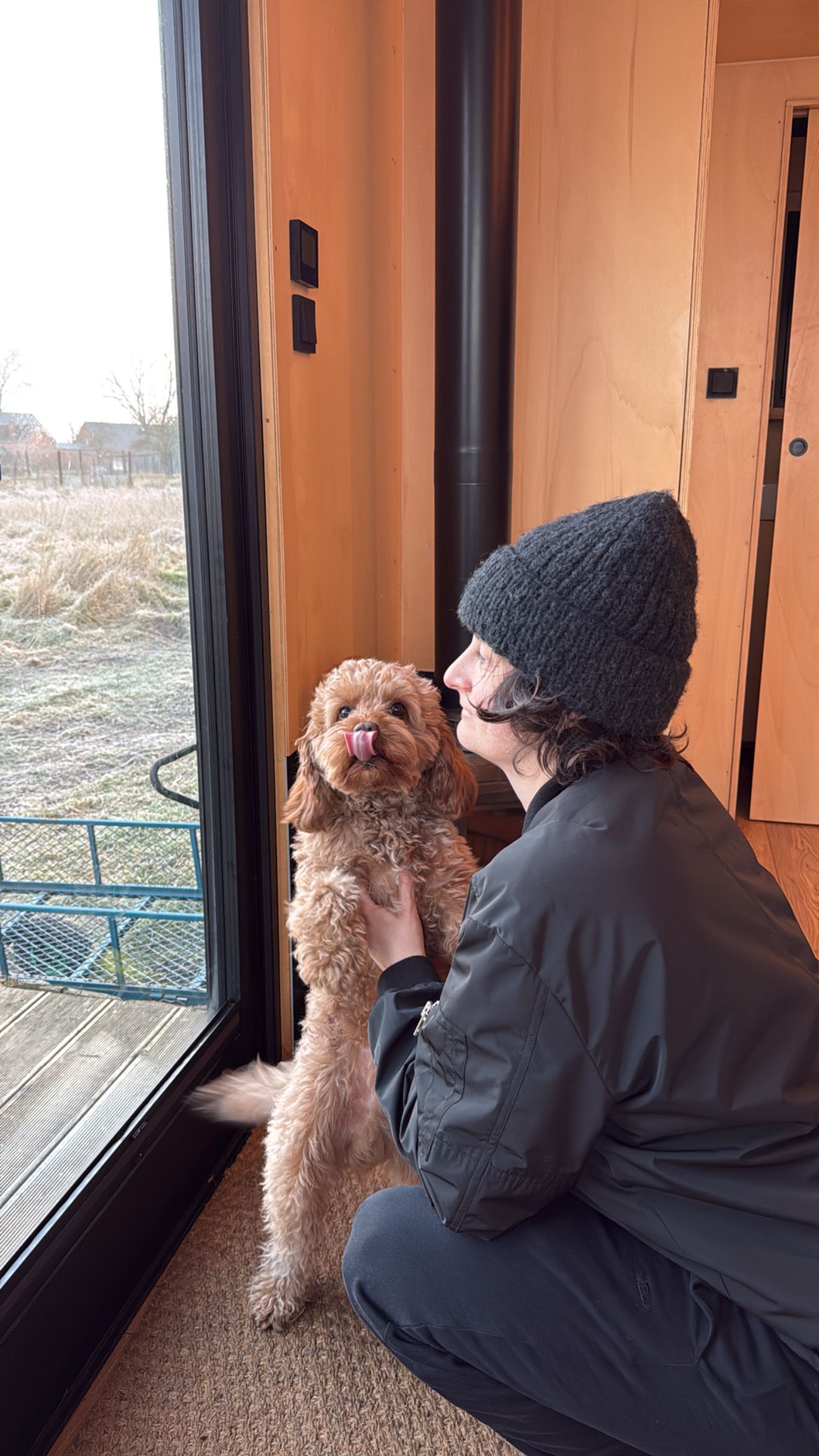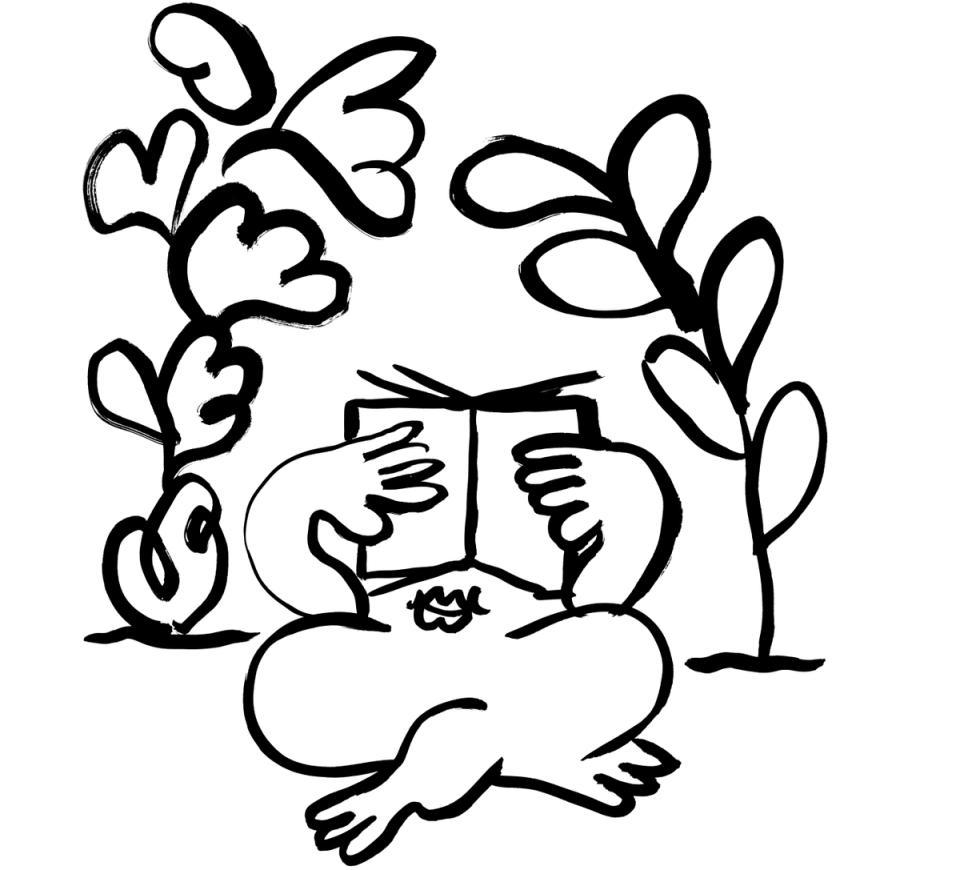Mindfulness
With all senses
From the very first moment in the morning, when the pressing sound of the alarm clock rouses us from sleep, to the minute we close our eyes and drift back into the spheres of dreams – our senses carry us through the day, guiding us through routines as well as new experiences. Constantly, almost invisibly, and seemingly effortlessly. They determine how we perceive life, or more precisely: they make it possible to experience it in the first place.
In turn, we bring unconditional trust to our senses, we simply rely on them – because when was the last time you consciously paid attention to seeing, smelling, feeling, hearing or tasting something particular?
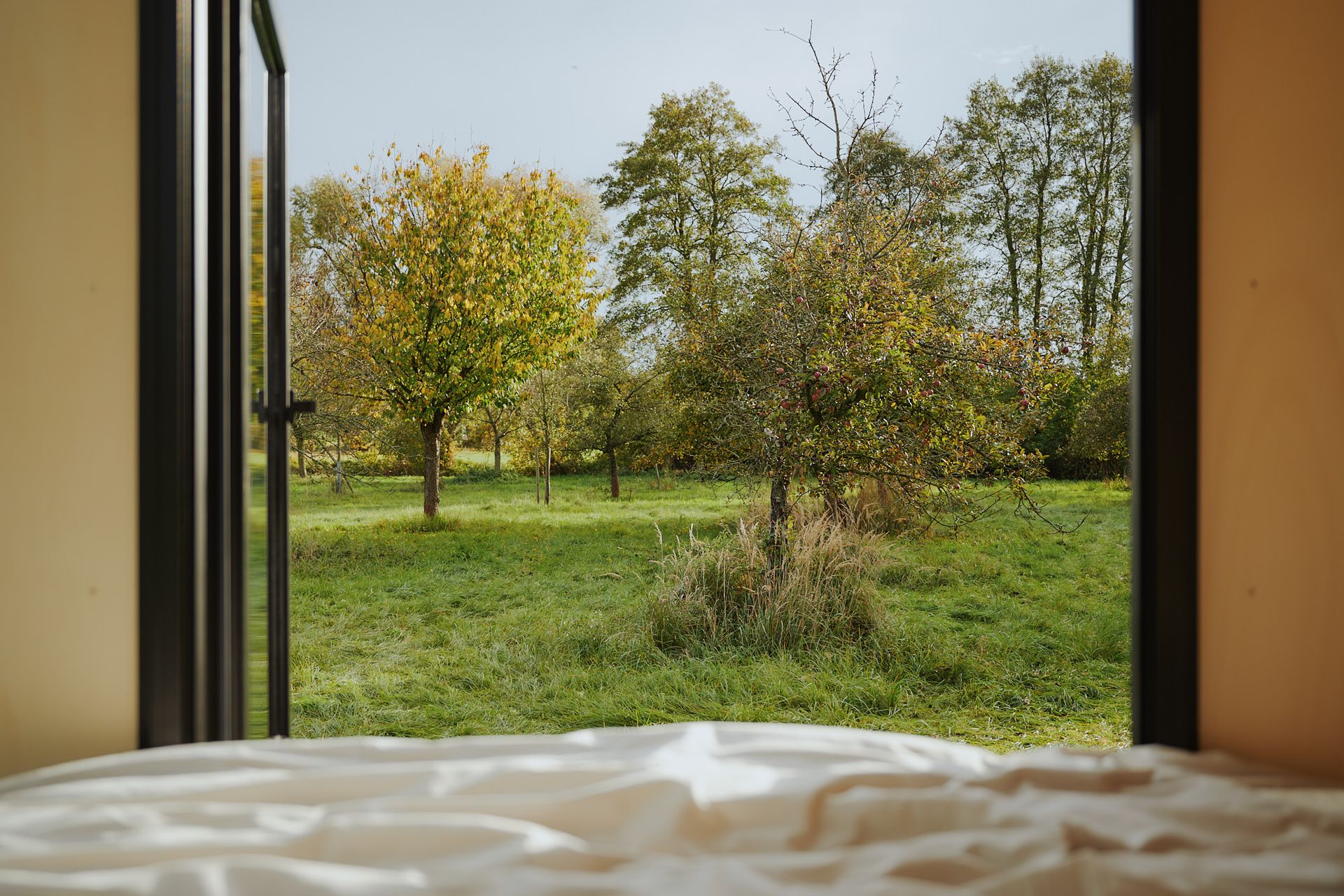
From surviving to experiencing
Through our senses, we perceive all impressions from the environment, in order to process information of relevance. Most of this happens subconsciously: While your eyes sweep from left to right across the lines written here and you touch the trackpad with your fingers while scrolling down, you probably don't perceive any of these sensations as such. If we were to absorb all the stimuli unfiltered, our brains would be totally overwhelmed.
Instead, it focuses on stimuli that imply a certain action to cope with the tasks of everyday life and to protect us from danger. So senses are first and foremost essential for survival – however, they can also enrich our lives on a completely different, deeper level.
To sharpen our senses
To experience the moment in a fully conscious presence and to concentrate on the here and now: that is the principle of mindfulness. So far, so good, by now we have almost internalized this as old-fashioned advice. But while everyday life with all its to-dos sometimes just seems to whiz by, we often try to juggle several tasks at once – quite the opposite of the guiding principle of mindfulness. We want to work and live efficiently. But is that really worth striving for as the ultimate goal? Because when we get into this autopilot mode, we often sadly lose out on the beautiful details of life that might actually make it worth living, and that we retrospectively remember in particularly good ways.
We can consciously use our 5 senses to perceive our environment more slowly and clearly: How would you describe the color of the sky? What different sounds are reaching you at this moment? Could you count them? In this way, we can learn to develop a better sense of our surroundings, but more importantly, of our inner selves and our bodies. The consciously directed attention of the senses can basically be practiced in every activity – especially in nature, far away from all distractions, we learn to rely on our senses again.
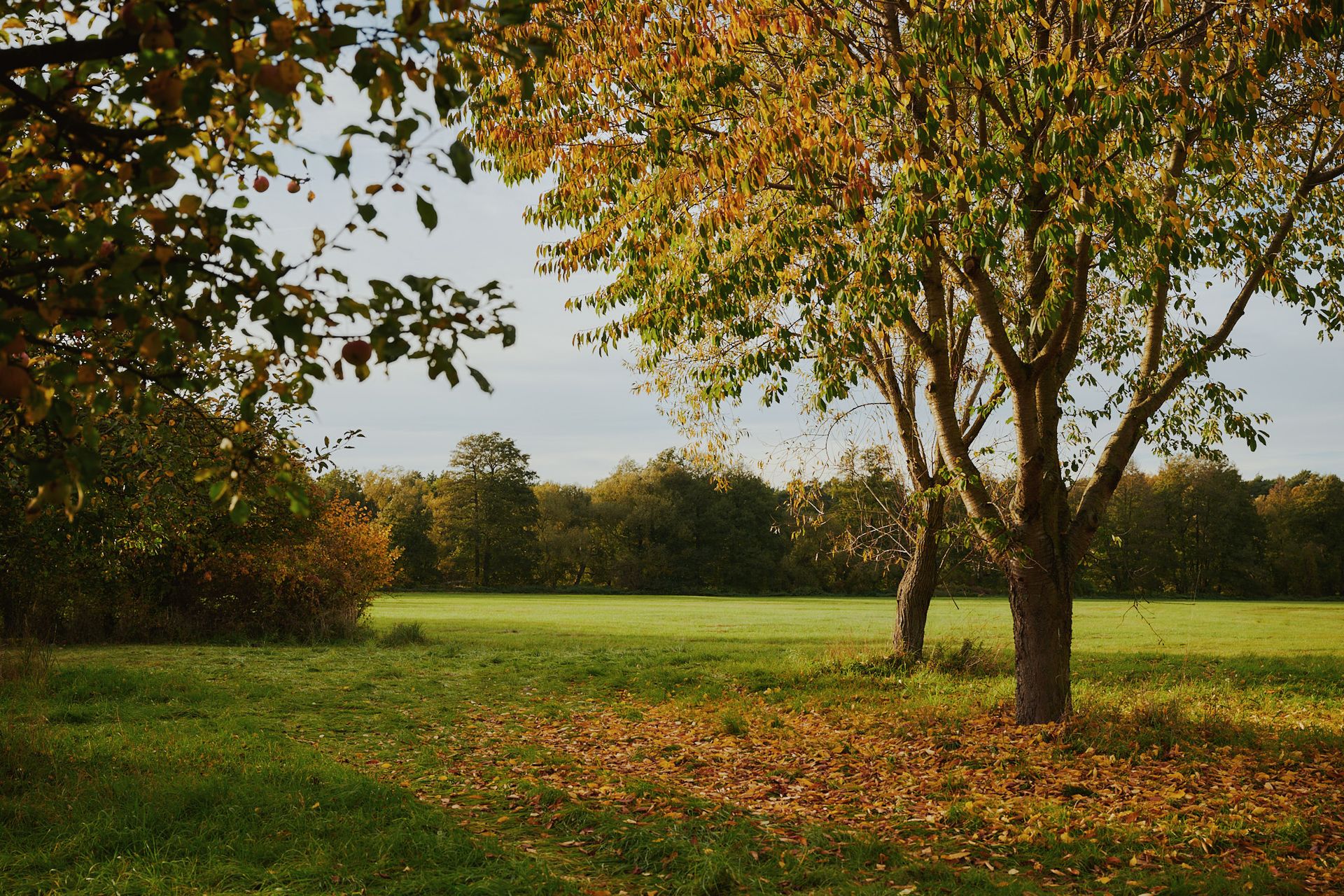
Encountering nature with all senses
Best is to take a mindful walk through the forest or alternatively a park, across meadows and fields. This way you can intensively experience an environment that is full of sensory impressions and allow yourself a break from your routine. Imagine that you are experiencing all the things you encounter for the very first time. You can also try to block out one particular sense in order to sharpen another:
If you close your eyes, you may feel the wind gently brushing your face. Keep your eyes closed and listen to the sounds: the crackling of branches in the treetops, the drumming of a woodpecker on a trunk in the distance, the babbling of a stream hidden under a layer of foliage. You might even take off your shoes and feel the damp earth beneath your feet. When you open your eyes again, you can already perceive more precisely how the leaves are shaped and their different color gradients. Notice exactly which grains form on the tree trunks. You can even taste nature (you won't have to bite into moss for that, promise): Take a deep breath through your mouth and notice how the air tastes. Woody? Earthy? Maybe you taste something that you can't classify at all because you're perceiving it for the first time – add it to your own personal treasure box of feelings and perceptions.
